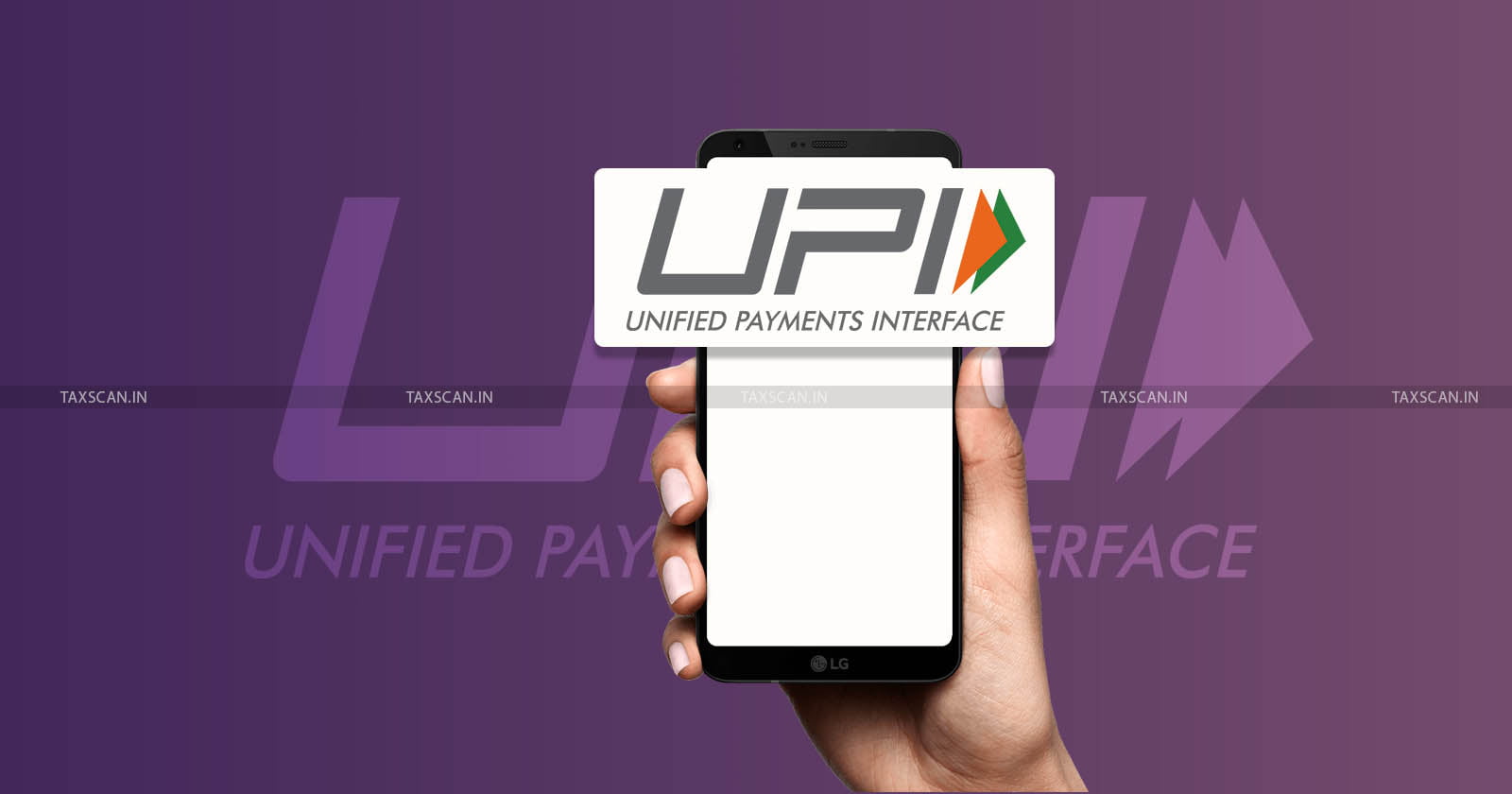Cash on Hand in Real Estate Business Not Unusual, Cannot Be Taxed Solely for Demonetization Deposits: ITAT [Read Order]
ITAT ruled that cash deposits during demonetization by a real estate firm were mostly explained and restricted the addition to 25% of the disputed amount
![Cash on Hand in Real Estate Business Not Unusual, Cannot Be Taxed Solely for Demonetization Deposits: ITAT [Read Order] Cash on Hand in Real Estate Business Not Unusual, Cannot Be Taxed Solely for Demonetization Deposits: ITAT [Read Order]](https://images.taxscan.in/h-upload/2025/06/18/2050082-real-estate-business.webp)
The Surat Bench of the Income Tax Appellate Tribunal (ITAT) partly allowed the appeal in a case concerning the addition of cash deposits made during the demonetization period, ruling that cash on hand in the real estate business is not unusual and cannot be entirely taxed as unexplained simply due to its deposit timing.
Shree Balaji Associates, the assessee, is a firm engaged in the real estate business. For the Assessment Year 2017–18, the assessee filed its return declaring an income of Rs. 5,44,520. During the demonetization period, the firm deposited Rs. 29 lakh in its bank account.
Comprehensive Guide of Law and Procedure for Filing of Income Tax Appeals, Click Here
The Assessing Officer (AO), during scrutiny, accepted only Rs. 12 lakh as recently withdrawn cash and Rs. 9.46 lakh as received from customers. The balance of Rs. 7.54 lakh was treated as unexplained and added under Section 68 of the Income Tax Act, 1961.
In the assessment proceedings, the assessee’s counsel argued that the cash deposits were fully explainable through earlier withdrawals made during the financial year and cash sales. It submitted that total cash withdrawals from banks amounted to Rs. 29.45 lakh, and that the deposits made during demonetization were part of this amount. The AO accepted only part of the explanation and treated the remaining Rs. 7.54 lakh as unexplained. The AO taxed this amount at the higher rate under Section 115BBE.
Before the tribunal, the assessee’s counsel argued that it was engaged in a cash-intensive business and that holding large cash was a normal business practice. It submitted bank statements, withdrawal details, and explanations to support the claim that the deposits were from available cash. They also suggested, as an alternative, that only a small portion of the amount be disallowed to settle the matter without prolonged litigation.
The revenue counsel argued that withdrawals made several months before demonetization could not reasonably be assumed to have been retained in cash. It stated that only the cash withdrawn immediately before demonetization and amounts clearly received from customers were justifiably accepted, and no further relief should be granted.
Understanding Common Mode of Tax Evasion with Practical Scenarios, Click Here
The two-member bench comprising Pawan Singh (Judicial Member) and Bijayananda Pruseth (Accountant Member) held that since a substantial part of the cash deposits was already accepted by the department, and the assessee had demonstrated a pattern of regular withdrawals consistent with its business activity, taxing the entire balance amount as unexplained was unjustified.
The tribunal ruled that a reasonable disallowance of 25% of the disputed Rs. 7.54 lakh (i.e., Rs. 1.88 lakh) would be sufficient to meet the ends of justice. It also held that the higher tax rate under Section 115BBE did not apply for the assessment year in question, as per various coordinate bench rulings. The tribunal directed the AO to delete Rs. 5.65 lakh and retain only Rs. 1.88 lakh as disallowed, partly allowing the appeal.
Support our journalism by subscribing to Taxscanpremium. Follow us on Telegram for quick updates




